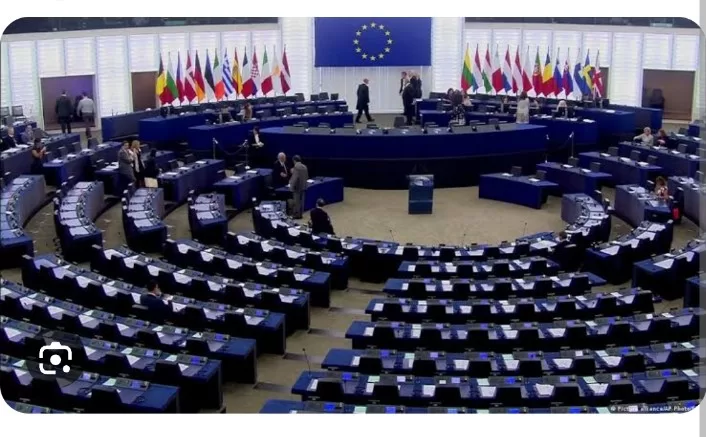In a comprehensive poll reported by The Guardian, European sentiments reveal a nuanced stance on the potential membership of Ukraine in the European Union. Despite recognizing associated costs and risks, respondents across six EU member states, notably Denmark (50%) and Poland (47%), have shown considerable support for Ukraine’s accession.
However, the enthusiasm wanes when considering the broader expansion of the EU to include Georgia and countries in the western Balkans. The recent recommendation by the European Commission to initiate formal accession talks with Ukraine and Moldova is set for discussion at an upcoming Brussels summit.
The urgency surrounding enlargement discussions within the EU has heightened following Russia’s initiation of war against Ukraine. Notably, Hungary’s Prime Minister, Viktor Orban, has consistently opposed negotiations with Kyiv.
The polling, conducted by the European Council on Foreign Relations (ECFR), also revealed opposition to the eventual inclusion of Turkey. On the flip side, respondents exhibited positive receptivity towards the potential accession of Albania, Bosnia, Georgia, Kosovo, North Macedonia, and Serbia to the EU.
As discussions on enlargement gain momentum, Piotr Buras, a senior ECFR policy fellow, emphasized the need for a “concrete timeline” for accession. However, a clear divide emerges between “old” and “new” EU member states, with some expressing skepticism about the EU’s capacity to absorb new members and concerns about geopolitical consequences.
The upcoming Brussels summit holds crucial significance in shaping the EU’s stance on enlargement, reflecting a complex interplay of geopolitical considerations, internal dynamics, and the aftermath of the conflict in Ukraine.




